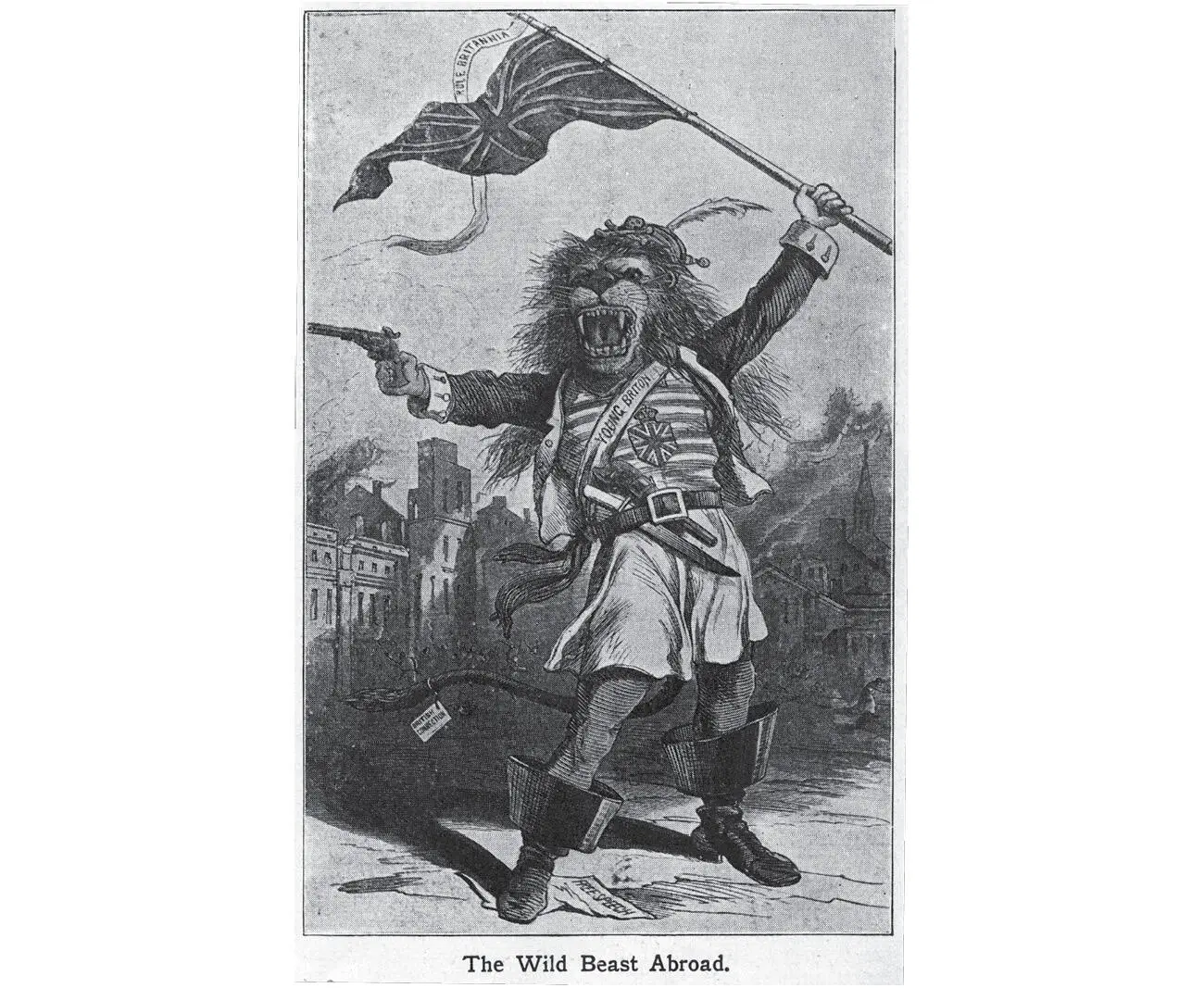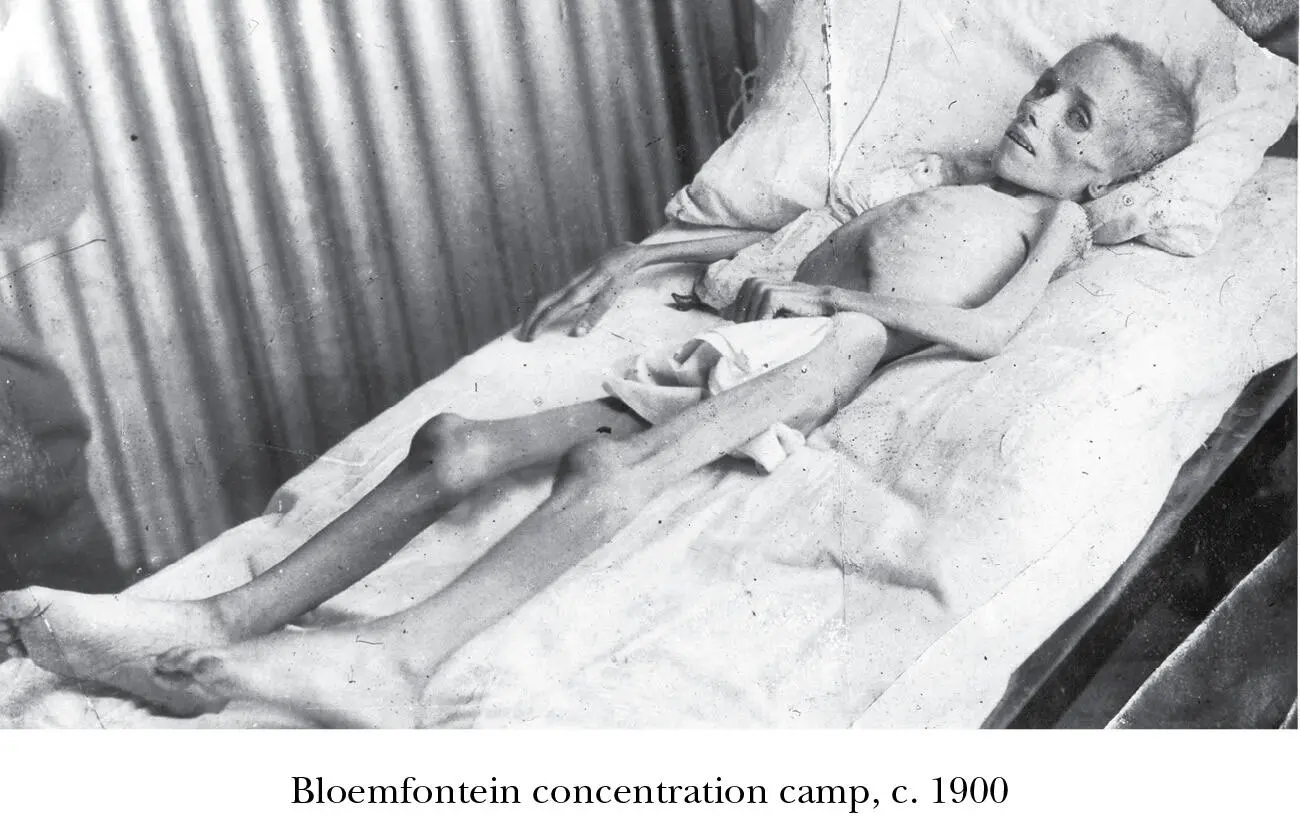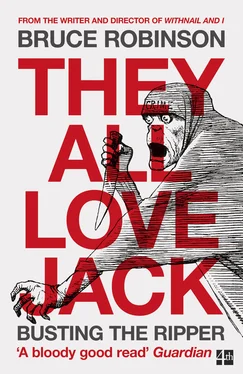Kosminski was a ninety-eight-pound simpleton, living off crusts in the gutter, with the physique of an underfed ten-year-old. How do we know this? Because people watched the sad little idiot: the police watched him, he was a face in the East End, as was that other maligned Israelite John Pizer, who incidentally successfully sued at least one newspaper for defamation.
In respect of suspects, the opinions of Assistant Commissioner Sir Melville Macnaghten are not to be taken too seriously; any more than are those of his governor, the notable anti-Semite Sir Robert Anderson, or for that matter the man at the coalface of this débâcle (the washer-off of the so-called ‘graffito’), the Commissioner of Metropolitan Police, Sir Charles Warren.
These individuals’ peculiar judgements and selective certainties were designed for the Victorian mob. They are opinions from the world of banjo-playing niggers and patent medicines, where the same sugar-coated dose of chalk and arsenic cured asthma, cancer, tuberculosis and piles.
And that’s my tiff with the Ripperologists. They think like Victorians, and they think like each other. If a supposed ‘authority’ said it, irrespective of any possible agenda, they gobble it up like the universal quack remedy Fowler’s Solution.23 (Written on a wall, it’s ‘graffito’, written by a copper, it’s ‘Grail’.) I can only speak for myself, but I decline to swallow such nostrums. The baseline for me is simple: if some greased unguent ‘for coughs, colds, sore holes and pimples on your dick’ is now considered obsolete, and if masturbation doesn’t drive you screaming to the grave, why cling to this hotchpotch of Victorian propaganda and misinformation, when today we’re dealing with something we can discover something about? I’m frankly not interested in what some ludicrous copper has to say about ‘solitary vices’. The Victorians’ hypocrisy was like a self-induced blackmail of their own intelligence, and that was how the proles were conditioned into deference: work your arse off, wave a flag, and go to heaven. Are we to suppose that we are to function at the discretion of such fictions today?
The Jew myth takes a close second to the most preposterous Ripper assumption of them all, the ‘no Englishman could commit such a crime’ myth.24 Very popular in its day. From whence this quaint homily originated it is hard to tell, but it was commonly agreed amongst the newspapers, and the Empress herself was known to share it. Anyone with sufficient IQ to get out of bed should decline to give it a moment of credibility.
Jack the Ripper was a killer in a killer state, and in my view more likely to have been an Englishman than a citizen of any other nation on earth.
Between 1870 and 1900, the British were involved in 130 wars. ‘Pax Britannica’ was an oxymoron. The only Pax was in Britannica; the rest got the blade. Englishmen were killing foreigners to the limits of their maps; barging into Australasia, Afghanistan, Africa, slaughtering them in Mashonaland, Nyasaland, Matabeleland. They were wading through swamps to kill them in Burma, climbing mountains to kill them in Tibet. So rank was the avarice, so organised the homicide, they had to put a user-friendly label on it. ‘Bring Christianity and Civilisation to the poor savage,’ said the Great White Queen. And that’s what they got, although not in that order. Bullets first, Bibles delayed. British imperialism was an enormous bulldozer of Christian murder, its participants wringing goodness out of genocide. It could find excuses to kill people in places it had never heard of, to pick fights with Hottentot, Watusi, Zulu, Masai, find justification to wreak vengeance on Maori at the opposite ends of the earth. Hundreds of thousands were murdered as the Christian soldiers marched on, their insatiable God barking to the fore.

In South Africa the starvation of women and children became British government policy. It was here during the Boer War that the British invented the concentration camp – literally a camp in which to concentrate your enemies: in this case the families of the Boer army whom the Brits were having some difficulty trying to defeat in battle. So they went for the wives and kids. Thousands died like the child in the snap below. Meanwhile, Boss Officer Field Marshal Lord Roberts ordered the destruction of all animals and the burning of all crops and farms within ten miles on either side of any railway line the enemy had attacked.

I include this picture because it is as shocking as anything our ‘mystery man’ in Whitechapel ever did, and for me it pretty much sums up the calling card of nineteenth-century Christian imperialism. Such hideous cruelties did not receive the press coverage or the public notoriety of Jack’s atrocities, even though by imperial standards he was barely an amateur.
Nowhere was the imperial narrative more wretched than in the maintenance of England’s first overseas conquest: Ireland.
Salisbury called the Irish ‘Hottentots’ in response to their aspirations for Home Rule. ‘I decline,’ he lathered, ‘to place confidence in a people who are in the habit of using knives and slugs.’ No filthier cant ever came out of a human mouth. The English had been unwelcome occupiers of Ireland for seven bloody centuries, their tenure secured only by indiscriminate use of the bullet and the blade. Generations took English lead, and thousands more their bayonets.
In 1649 the mother of them all had arrived. He was the fifty-year-old commander of the New Model Army, Oliver Cromwell. Ugly as a tortoise and clad like one in a corset of steel, he brought his God with him and shipped into Dublin with a zealous commitment to the Almighty’s work: ‘The sword without, the terror within.’ Intoxicated with Biblical fervour and high on his own juice, Cromwell took his Protestant militia from city to town, town to village, exterminating Catholics as he went.
Like the Victorians after him, this monster purported to believe that his colonial enterprise was ordained by God, and it was a God ‘who would not permit His wrath to be turned aside’.
The massacres were fêtes of blood, down to the last innocent baby. Those who weren’t immediately put to the sword were stripped and left to starve. Some women had their hands and arms cut off, ‘yea, jointed alive’, wrote one contemporary observer, ‘ to make them confess where their money was ’ (my emphasis).
Those who were spared were shipped out in bondage, 50,000 of them in all. The first slaves in the British West Indies, at Barbados, were Irish men, women and children.
According to Victorian academic James Allanson Picton, the most effective piece of artillery in the English army was the name ‘Oliver Cromwell’: ‘He made it a terror, and it has remained a curse.’ A curse it was, a damnation visited upon Ireland that would endure for another 272 years.25
‘Without exception’, wrote Her Majesty’s most despised journalist, Henry Labouchère MP, the British were ‘the greatest robbers and marauders that ever existed’. Their plunder, said he, was ‘hypocritical’, because ‘they always pretended it was for other people’s good’.
One exponent of this benevolence (and never mind the bollocks) was Field Marshal Viscount Wolseley, Commander in Chief of the British Army. ‘War,’ he opined, ‘is good for humanity’:
Wherever we hoist our flag, there we honestly strive – not always, I confess, with complete success – to establish those immutable principles of even-handed justice, and of improved morality … As a nation, we can point with pride to territories once barbarous but now civilised, in every corner of the globe. The wars which extend our frontiers bring new territory under the influence of missionary work, of our laws, and civilisation.26
Читать дальше













